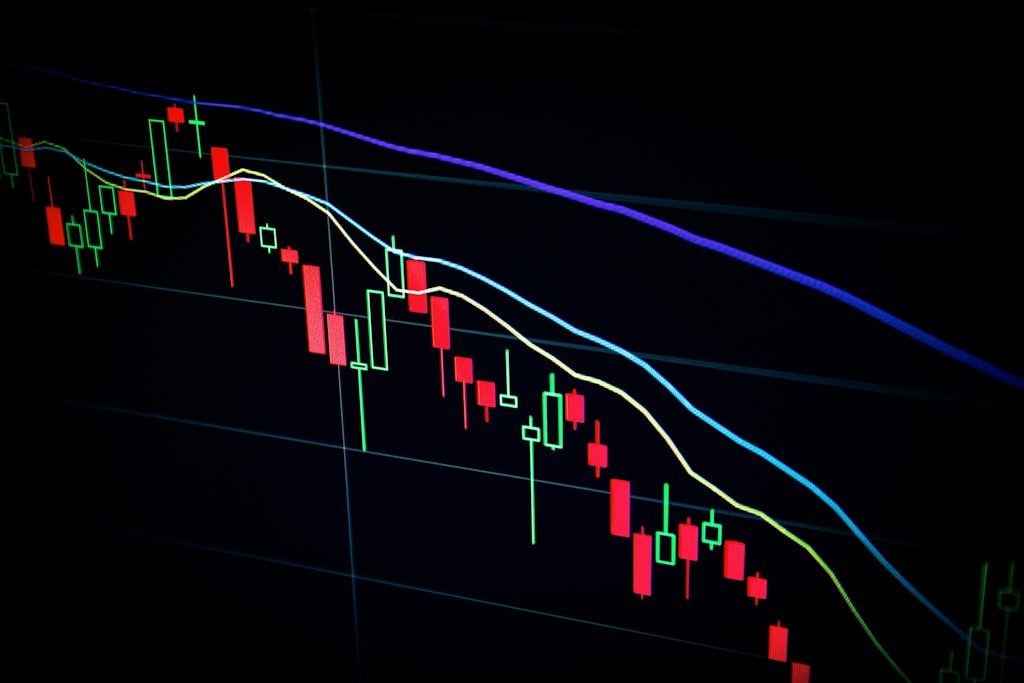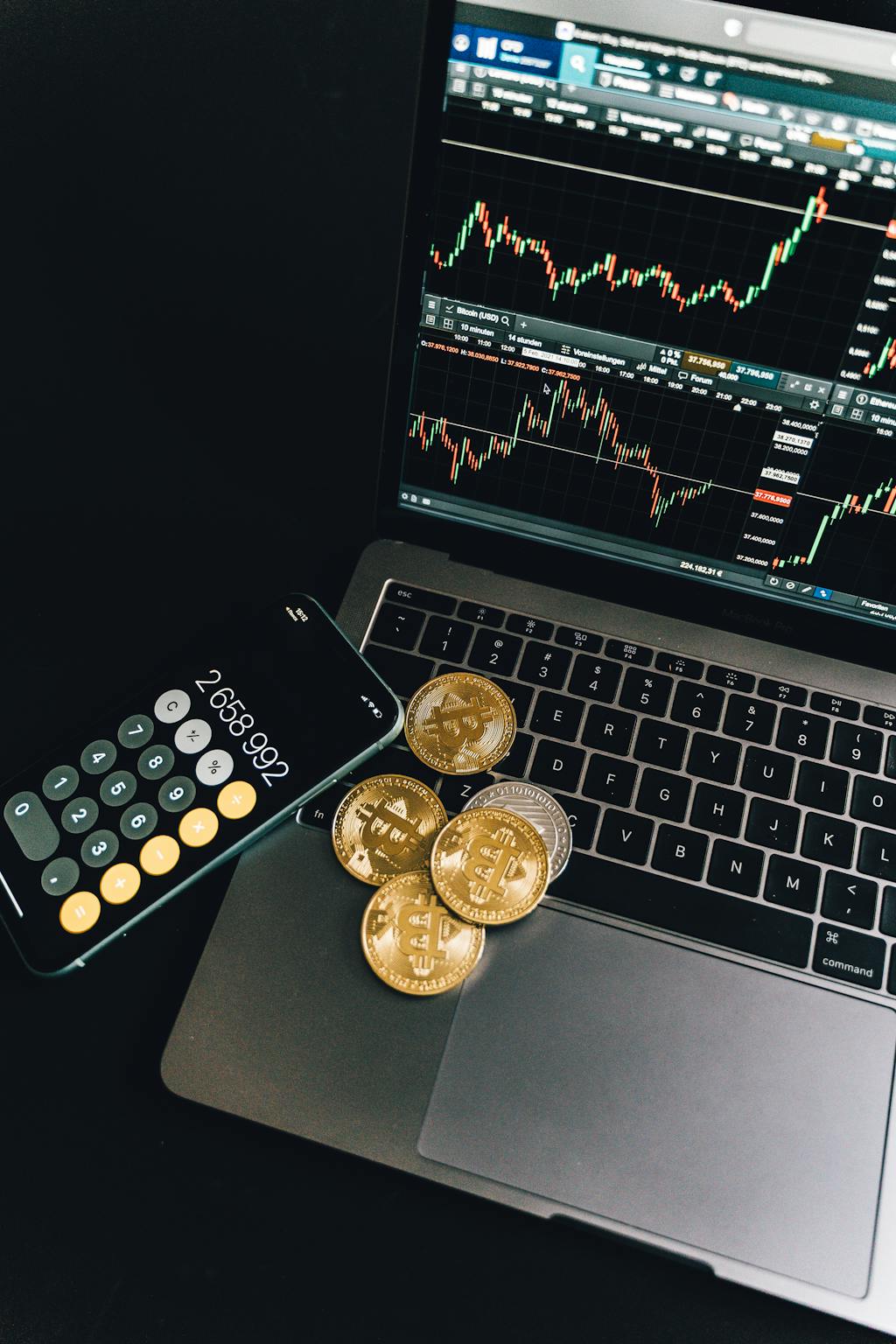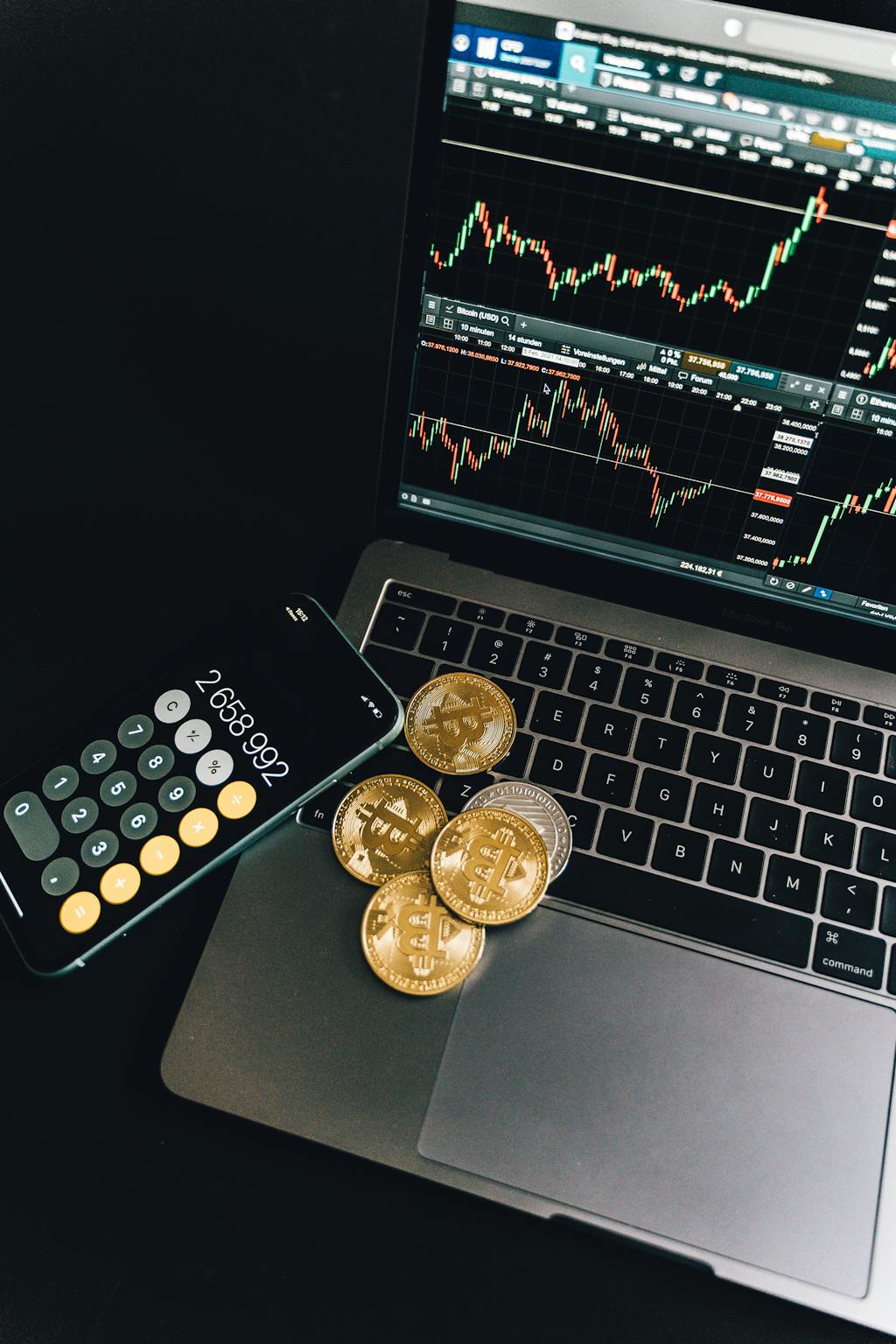Key Takeaways:
- MAS issues critical regulatory clarifications for crypto providers
- June 30 deadline set for offshore-only crypto service compliance
- New framework aims to enhance investor protection and market stability
Singapore’s cryptocurrency landscape is undergoing a significant transformation as the Monetary Authority of Singapore (MAS) intensifies its regulatory oversight of digital asset service providers. The latest clarifications, announced on June 6, specifically target offshore-only crypto operations, marking a pivotal shift in the city-state’s approach to virtual asset regulation.
This regulatory update comes amid a broader global push for stricter crypto oversight, similar to recent developments with the CLARITY Act that has raised concerns in other jurisdictions.
Understanding Singapore’s New Crypto Licensing Framework
The MAS has established a comprehensive framework that requires all crypto service providers, including those exclusively serving offshore clients, to obtain proper licensing by June 30. This move represents a significant departure from previous regulatory approaches and aims to close potential oversight gaps in the cryptocurrency sector.
SPONSORED
Trade with confidence on a regulated platform with institutional-grade security
Impact on Crypto Service Providers
The new regulations will affect various sectors of the crypto industry, including:
- Trading platforms and exchanges
- Custody service providers
- Token issuers and facilitators
- Digital payment service providers
Compliance Requirements and Deadlines
Crypto service providers must now:
- Submit licensing applications by June 30
- Implement robust AML/CFT measures
- Establish proper risk management frameworks
- Maintain adequate capital requirements
Market Implications and Industry Response
The cryptocurrency industry’s response to these regulatory changes has been mixed, with some providers viewing them as necessary steps toward market maturity, while others express concerns about operational challenges and increased compliance costs.
FAQ Section
Q: Who needs to comply with the new regulations?
A: All crypto service providers operating in or from Singapore, including those serving only offshore clients.
Q: What is the deadline for compliance?
A: June 30, 2025
Q: What happens if providers fail to comply?
A: Non-compliant providers may face enforcement action and be required to cease operations.
Looking Ahead: Singapore’s Crypto Future
These regulatory developments position Singapore to maintain its status as a leading financial hub while ensuring proper oversight of digital asset activities. The success of this framework could serve as a model for other jurisdictions considering similar regulatory measures.






